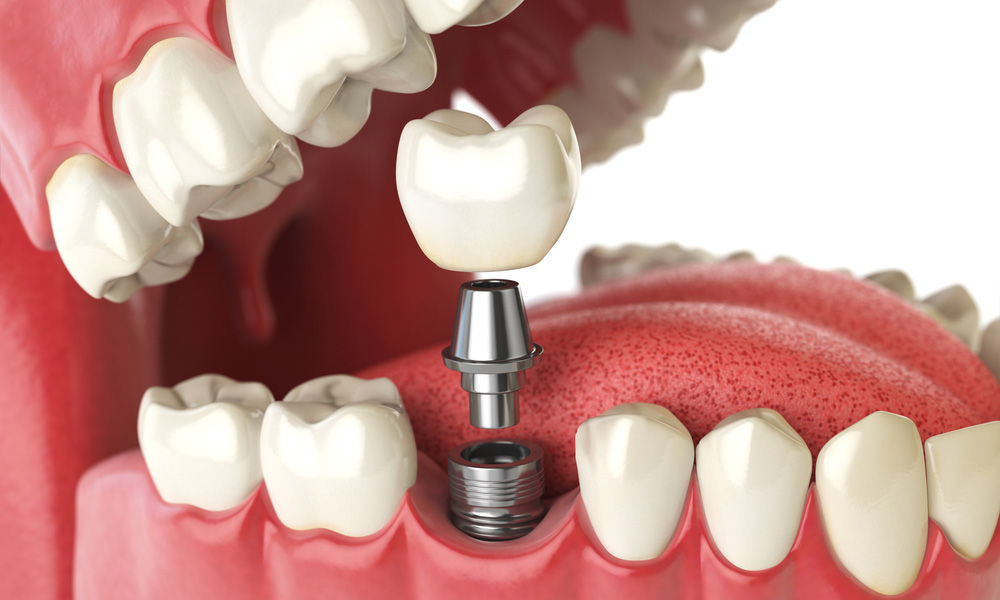Oral health is often seen as an isolated aspect of overall well-being, but recent research reveals a significant connection between oral health and systemic diseases. Maintaining good oral hygiene is not just about having a bright smile or fresh breath; it plays a crucial role in preventing and managing various systemic conditions. In this article, we’ll explore the intricate relationship between oral health and systemic diseases, highlighting how poor oral hygiene can impact overall health and providing practical tips for maintaining both oral and systemic health.
Understanding the Link Between Oral Health and Systemic Diseases
The mouth serves as a gateway to the body, and the health of your oral cavity can directly influence the health of your entire system. Research has established that oral infections and inflammation can contribute to a range of systemic diseases. Here’s a closer look at some of the key connections:
1. Cardiovascular Disease
Studies have shown that poor oral health, particularly gum disease (periodontitis), is linked to an increased risk of cardiovascular disease. The bacteria responsible for gum infections can enter the bloodstream, leading to inflammation and the formation of arterial plaques. This process can contribute to conditions such as atherosclerosis, which is a major risk factor for heart attacks and strokes.
Key Takeaway: Maintaining good oral hygiene helps prevent gum disease, potentially reducing the risk of cardiovascular issues.
2. Diabetes
Diabetes and oral health are closely interconnected. People with diabetes are more susceptible to gum infections, and severe gum disease can make it more challenging to control blood sugar levels. This bidirectional relationship means that individuals with diabetes must be vigilant about their oral health to manage their condition effectively.
Key Takeaway: Proper oral care can help manage diabetes and prevent complications associated with gum disease.
3. Respiratory Infections
Oral health can impact respiratory health, particularly in vulnerable populations such as the elderly. Bacteria from the mouth can be inhaled into the lungs, leading to respiratory infections like pneumonia. Maintaining good oral hygiene is especially important for individuals with chronic respiratory conditions to prevent complications.
Key Takeaway: Regular brushing and flossing can reduce the risk of respiratory infections by minimizing the number of bacteria in the mouth.
4. Pregnancy Complications
Pregnant women with poor oral health are at a higher risk of experiencing pregnancy complications such as preterm birth and low birth weight. Hormonal changes during pregnancy can exacerbate gum inflammation, and the bacteria from gum disease may affect the fetus.
Key Takeaway: Pregnant women should prioritize oral health to support a healthy pregnancy and reduce the risk of complications.
5. Rheumatoid Arthritis
Recent studies suggest a potential link between oral health and rheumatoid arthritis. Chronic gum disease may contribute to systemic inflammation, which can exacerbate autoimmune conditions like rheumatoid arthritis. Conversely, managing oral health can help reduce overall inflammation in the body.
Key Takeaway: Good oral hygiene practices may help manage inflammation associated with rheumatoid arthritis.
How Poor Oral Health Affects Systemic Health
The impact of oral health on systemic diseases can be understood through several mechanisms:
- Inflammation:Oral infections can cause systemic inflammation, which is a common factor in many chronic diseases. Inflammatory markers from gum disease can travel through the bloodstream, affecting various organs and systems.
- Bacterial Spread:Pathogenic bacteria from oral infections can enter the bloodstream and contribute to infections or inflammation in other parts of the body. This is particularly concerning for individuals with compromised immune systems.
- Immune Response:Poor oral health can strain the immune system, making it less effective in fighting off infections and managing chronic conditions. This weakened immune response can have broader implications for overall health.
Practical Tips for Maintaining Oral and Systemic Health
To safeguard both oral and systemic health, it’s essential to adopt a comprehensive approach to oral hygiene and overall wellness. Here are some practical tips:
- Brush and Floss Daily:Brush your teeth at least twice a day with fluoride toothpaste and floss daily to remove plaque and prevent gum disease.
- Regular Dental Check-Ups:Visit your Orthodontist in chicago regularly for professional cleanings and check-ups. Early detection of oral health issues can prevent complications and contribute to overall health.
- Healthy Diet:Eat a balanced diet rich in fruits, vegetables, whole grains, and lean proteins. Avoid excessive sugar intake, which can contribute to tooth decay and gum disease.
- Stay Hydrated:Drink plenty of water to help maintain oral health and support overall bodily functions.
- Avoid Tobacco Products:Smoking and using other tobacco products can exacerbate oral health problems and increase the risk of systemic diseases.
- Manage Chronic Conditions:If you have chronic conditions like diabetes or heart disease, work with your healthcare provider to manage them effectively and consider how oral health plays a role in your overall treatment plan.
- Educate Yourself:Stay informed about the latest research on the connection between oral health and systemic diseases. Knowledge empowers you to make proactive choices for your health.
Conclusion
The connection between oral health and systemic diseases underscores the importance of maintaining good oral hygiene as part of a holistic approach to health. By understanding how oral health impacts systemic conditions, you can take proactive steps to prevent and manage these interconnected issues. Prioritizing oral health not only helps you maintain a beautiful smile but also supports your overall well-being, demonstrating that a healthy mouth contributes to a healthier body






